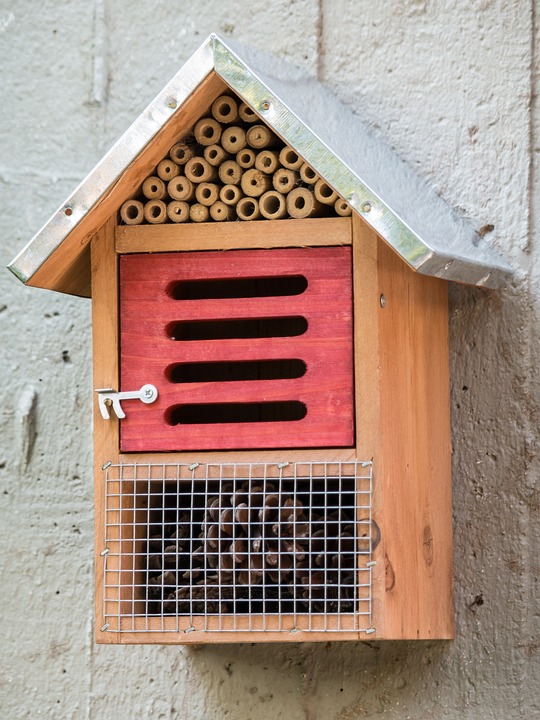The Science Behind Natural Bug Spray: Do They Really Work?
As summertime approaches, so do the inevitable swarms of mosquitoes, ticks, and other pests that can ruin a picnic or hike. In response, many people turn to natural bug sprays, drawn in by the appeal of using plant-based ingredients rather than synthetic chemicals. But do these natural alternatives really work? To answer this question, we need to delve into the science behind natural bug sprays, their effectiveness, and what research has to say about their practical use.
Understanding Natural Bug Sprays
Natural bug sprays typically encompass a variety of ingredients derived from plants, essential oils, and organic compounds. Common components include citronella, eucalyptus, neem oil, tea tree oil, and lavender. The rationale behind these ingredients is that they contain volatile compounds that either repel or kill insects when they come in contact with them. But just how effective are these natural solutions compared to conventional chemical repellents?
Essential Oils and Active Ingredients
The efficacy of natural bug sprays often hinges on their key active ingredients. Here’s a look at some of the most popular ones:
-
Citronella Oil: Often found in candles and topical sprays, citronella oil is one of the most well-known natural repellents. Studies have shown that while it can deter mosquitoes, its effectiveness lasts for only about one to two hours, significantly shorter than synthetic options like DEET.
-
Lemon Eucalyptus Oil: This particular oil has received attention from entomologists due to its active compound, PMD (p-menthane-3,8-diol). Research published in the New England Journal of Medicine has demonstrated that oil of lemon eucalyptus can provide protection similar to low concentrations of DEET for several hours.
-
Neem Oil: Known for its insecticidal properties, neem oil is sometimes used in natural sprays to repel pests. While it is more effective against certain pests (like fleas and some agricultural insects), its repellent effects on mosquitoes are less well-documented.
- Lavender Oil: While its calming scent can be pleasant for humans, the effectiveness of lavender oil as a bug repellent is mixed. Some studies show some level of repellence against mosquitoes, but more research is needed to confirm its reliability.
The Research Landscape
Evidence surrounding the effectiveness of natural bug sprays can be inconsistent. For many plant-derived ingredients, the active compounds might not be concentrated enough in commercial products to create a substantial deterrent effect. A systematic review published in Health & Place emphasized that while some natural repellents can be effective, they often do not compare favorably to synthetic options in terms of longevity and efficacy.
Moreover, natural does not always mean safer. Some essential oils can cause skin irritation or allergic reactions in some individuals, particularly in sensitive populations like children and pets.
Factors Influencing Efficacy
Several factors can influence the effectiveness of natural bug sprays, including:
- Concentration of Active Ingredients: Higher concentrations of active compounds generally equate to better efficacy.
- Environmental Conditions: Humidity, temperature, and wind can affect how well a product adheres to the skin and its overall effectiveness.
- Application Method: Proper and generous application is crucial. Many natural sprays require reapplication every few hours, particularly in high-repellent environments.
Conclusion: Do They Really Work?
Natural bug sprays can provide some level of protection against insects, particularly for short durations and in non-infested areas. While they may be appealing due to their plant-based origins and perceived safety, users should set realistic expectations. For situations where extensive exposure to pests is anticipated, conventional options like DEET or picaridin may offer more reliable and longer-lasting protection.
In conclusion, while natural bug sprays serve as an alternative for those seeking greener solutions, they should be viewed as part of a broader strategy—including wearing protective clothing, eliminating standing water, and using screens to reduce insect bites. Weighing the pros and cons while remaining informed about the science behind these products will help consumers make the best choice for their needs this summer.
